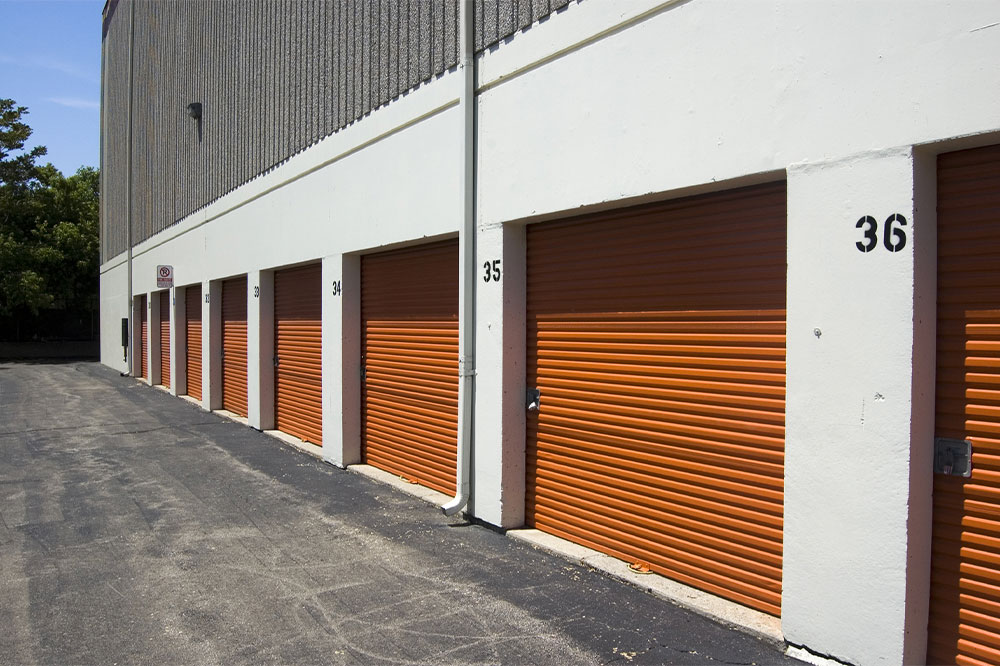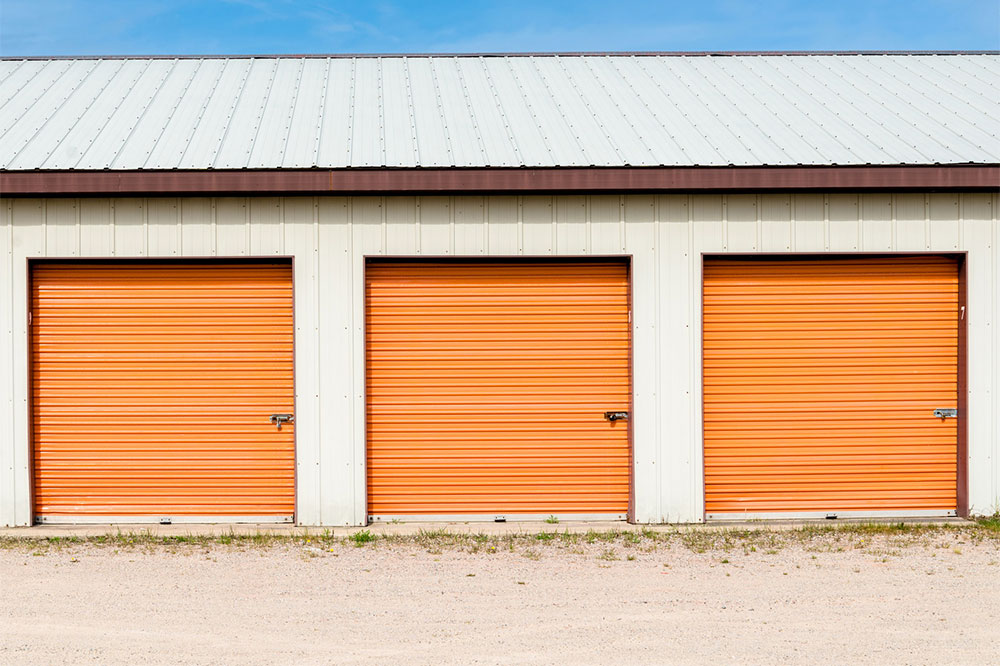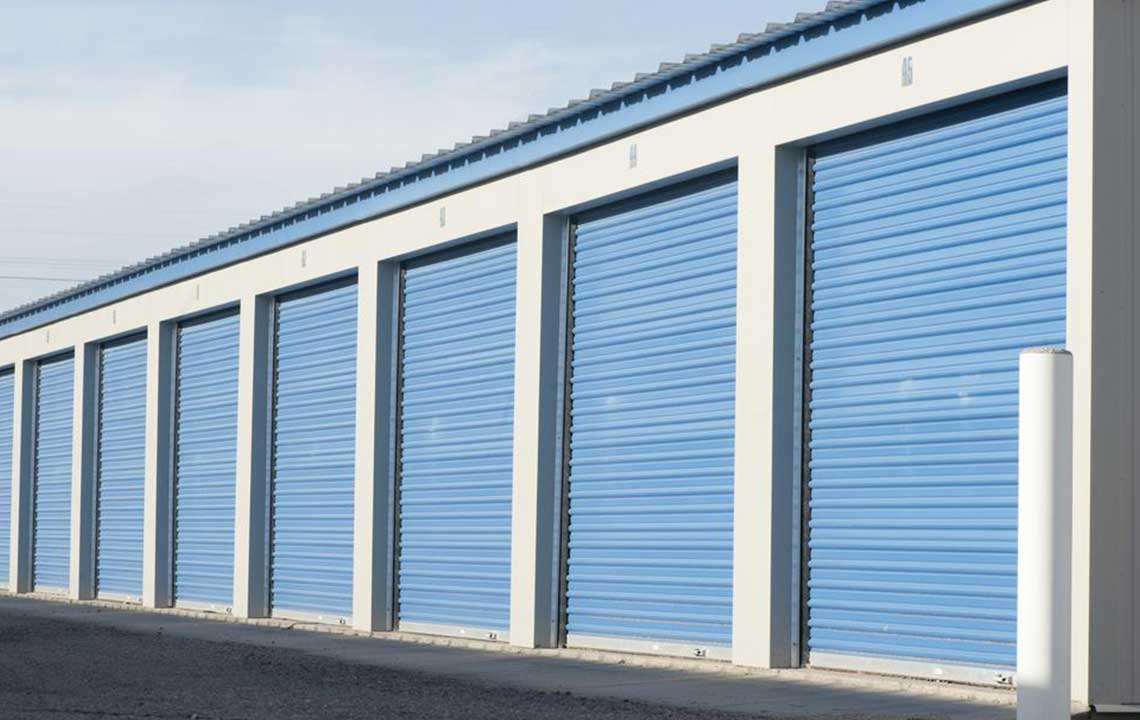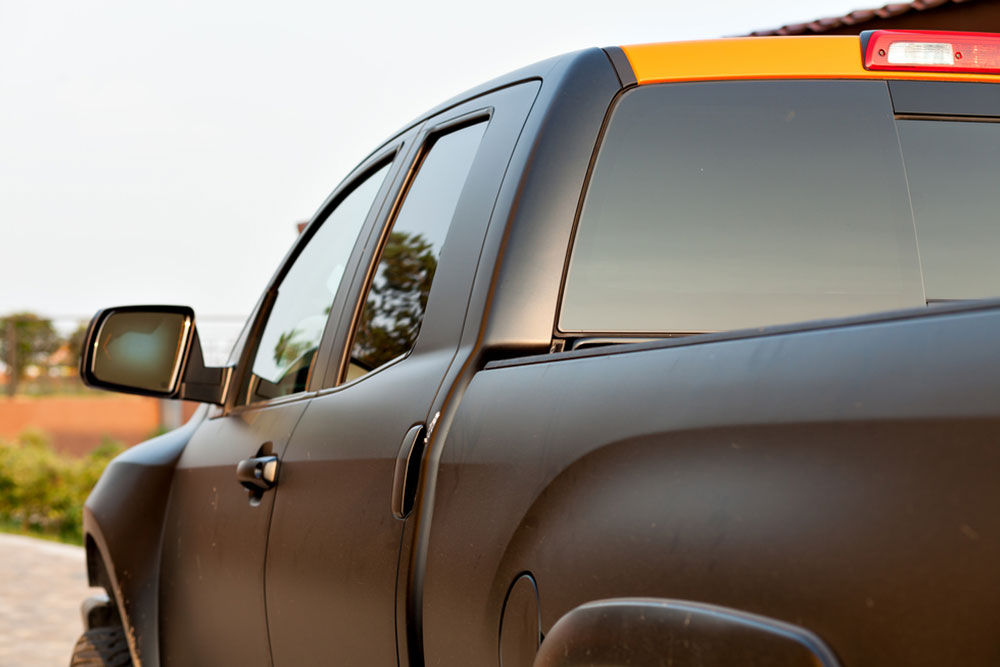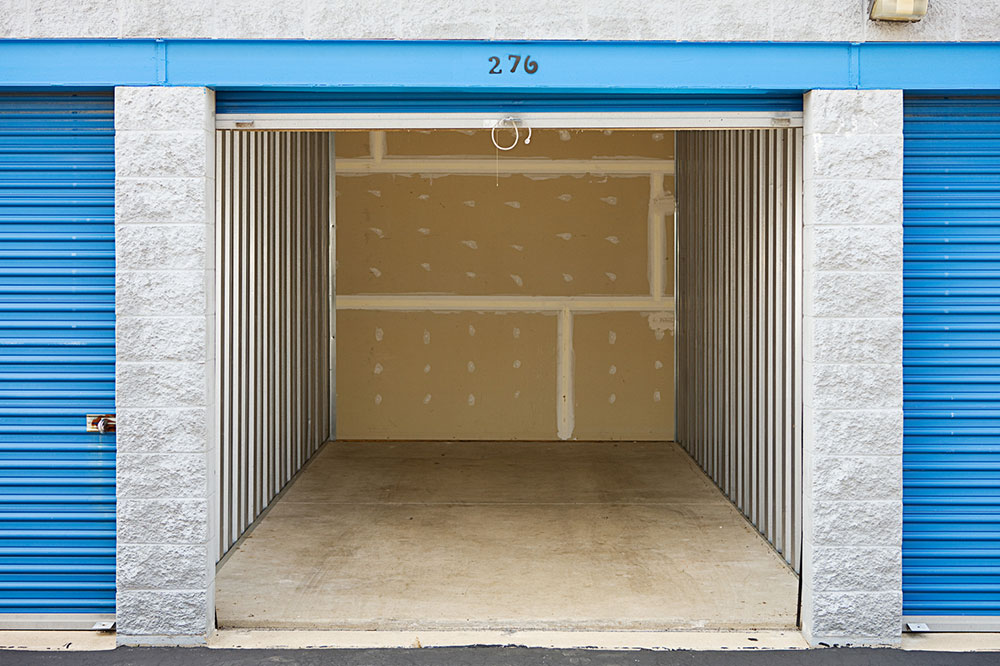Comprehensive Guide to Storage Unit Types and Sizes for Optimal Space Management
Explore an extensive guide to different storage unit types and sizes, designed to help you choose the perfect space for personal or business needs. Learn about self-storage, climate-controlled units, vehicle storage, and more, along with size recommendations suitable for various applications. This comprehensive overview provides insights into costs, security features, and how to select the right storage solution, ensuring your belongings are kept safe, accessible, and organized efficiently.
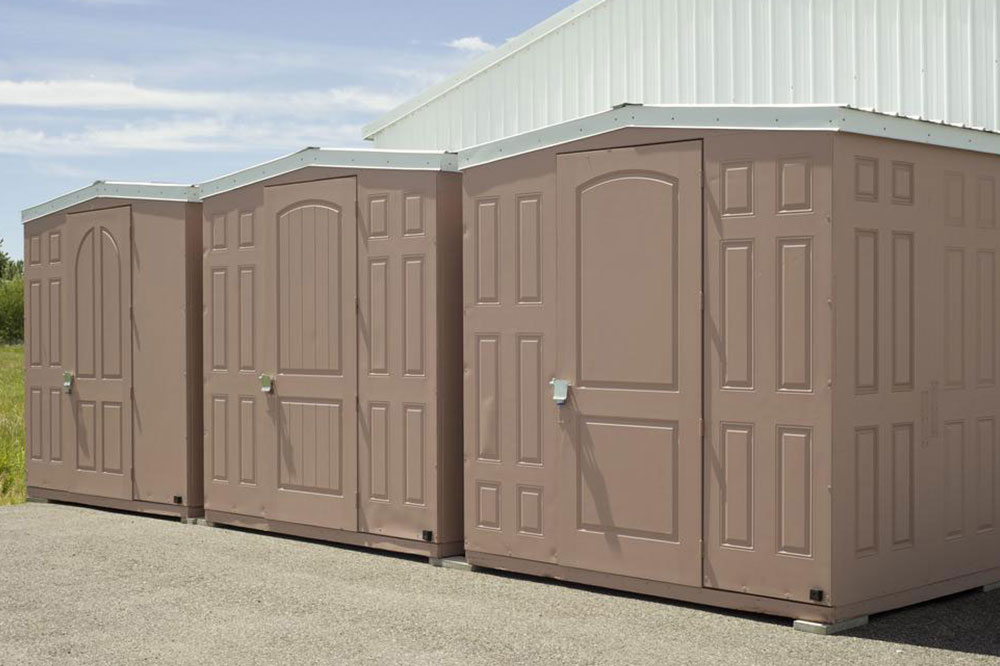
Comprehensive Guide to Storage Unit Types and Sizes for Optimal Space Management
In today's fast-paced world, managing space efficiently has become a crucial aspect of both personal life and business operations. Storage units offer a versatile and reliable solution for safeguarding belongings, decluttering living or working spaces, and managing seasonal or excess inventory. Whether you're clearing out your garage, preparing for a move, or need a secure place for your business assets, understanding the different types and sizes of storage units available can help you make informed decisions tailored to your specific needs.
Storage units are designed to provide flexible, secure, and cost-effective storage solutions. They come in various configurations, capacities, and features to suit different storage requirements. From small personal lockers to large commercial warehouses, the options are extensive. The advantages of renting a storage unit extend beyond simple space management; they include enhanced security measures, weather protection, insurance options, and accessibility flexibility.
Types of Storage Units and Their Popular Uses
Self-Storage Units
Self-storage remains one of the most sought-after solutions for individuals and businesses looking to maximize space efficiency. These units provide tenants with 24/7 access to a secure enclosed space where they can store personal items, furniture, equipment, or inventory. Major providers—like Extra Space Storage, U-Haul, Public Storage, and CubeSmart—offer a wide array of sizes and features, with prices starting as low as $20 per month for smaller units, and increasing based on size, location, and amenities.
Climate-controlled units are a specialized category of self-storage designed to maintain a stable temperature and humidity level. They are particularly beneficial for storing sensitive items such as artwork, electronics, documents, antiques, and perishable goods that could be damaged by extreme temperature fluctuations. Public Storage and CubeSmart feature such climate-controlled facilities in many cities, including Orlando. Pricing for these units varies from approximately $66 to $140 depending on size and amenities, making them accessible for both short-term and long-term storage needs.
Vehicle storage units cater to vehicle owners and commercial operators needing secure parking for motorcycles, cars, RVs, boats, or trucks. These units come in outdoor and indoor configurations, often with roll-up doors, security fencing, and climate control options. For example, in Torrance, California, you might pay around $375 monthly for a 40-foot outdoor space suitable for RV parking. Such units are essential for businesses managing a fleet, seasonal vehicle storage, or individuals with limited driveway space.
Commercial storage units are an invaluable asset for small to medium-sized enterprises. They serve as offsite warehouses for inventory, supplies, and equipment, allowing businesses to operate efficiently without the expense of extensive real estate investments. These units are often customizable, with flexible leasing options and tailored access arrangements, promoting seamless business operations.
Understanding Storage Unit Sizes and Their Ideal Applications
Storage units are available in diverse sizes, each suited to specific uses. Choosing the right size ensures cost-effectiveness and operational efficiency. Here’s an overview of common storage dimensions and their typical use cases:
Small Units (5'x5' and 5'x10')
These units are perfect for storing a handful of boxes, small furniture, or personal belongings. Ideal for short-term storage during moves, renovations, or as lockers for valuable items, they usually range from 25 to 50 square feet. Their affordability makes them an excellent choice for individuals with limited storage needs or those needing a secure space for valuables.
Medium Units (5'x15' and 10'x10')
Offering between approximately 75 and 100 square feet, these units are suitable for storing furniture from two to three bedrooms. They are well-suited for long trips, military deployment, or as temporary storage during home renovations. These units allow for the storage of larger furniture, appliances, and household items, providing a practical balance of size and cost.
Large Units (10'x15', 10'x20', 10'x25')
With capacities reaching up to 250 square feet, large storage units are capable of holding the contents of a three- or four-bedroom home, including large furniture, appliances, and miscellaneous household items. They are ideal for people moving out of their homes, those staging homes for sale, or businesses needing to store significant inventory. While offering ample space, these larger units tend to be more expensive, especially for short-term rentals, making them suitable for long-term or seasonal storage.
Extra-Large Units (20', 35', 50')
Specifically designed for vehicles and large equipment, these units provide expansive space suitable for cars, motorcycles, ATVs, or small trucks. They are vital for business fleets, vehicle enthusiasts, or recreational vehicle owners. External or covered outdoor parking spaces are common, with prices varying based on size and location. These units are critical for fleet management, seasonal storage, or accommodating large recreational vehicles.
Beyond just size, selecting the right storage unit involves considering accessibility, security measures, climate control options, and proximity to your location. Many facilities offer 24/7 access, security surveillance, and insurance options to provide peace of mind. Making an informed choice about the type and size of storage ensures your belongings are well protected, accessible when needed, and your storage costs remain economical.
Benefits of Using Storage Units
Opting for a storage unit offers numerous benefits. It helps declutter your living or workspace, creates a safer environment, and provides a versatile solution for managing fluctuating storage needs. Enhanced security features such as surveillance cameras, individual alarms, and on-site personnel ensure your belongings are safe. Climate-controlled units add an extra layer of protection against environmental damage, especially in regions with extreme weather conditions.
Storage units also increase flexibility. They allow you to access your belongings conveniently, often 24/7, and scale your storage needs up or down based on your circumstances. For businesses, storage units facilitate better inventory management, reduce operational costs, and support expansion plans without significant capital investment. Whether for personal or business purposes, storage units are a practical, cost-effective, and secure solution to space management issues.
Final Tips for Choosing the Right Storage Unit
To maximize the benefits of your storage experience, consider the following tips:
Assess your storage needs — determine what size and features are essential for your belongings.
Compare providers — review factors such as location, price, security, and amenities.
Visit the facility — inspect the units and ask about access hours, insurance, and climate control options.
Plan your budget — balance cost and convenience to choose the best value option.
Understand the terms — clarify rental periods, access restrictions, and cancellation policies.
By carefully evaluating these factors, you can select a storage solution that offers optimal security, accessibility, and affordability—making your storage experience smooth and stress-free.